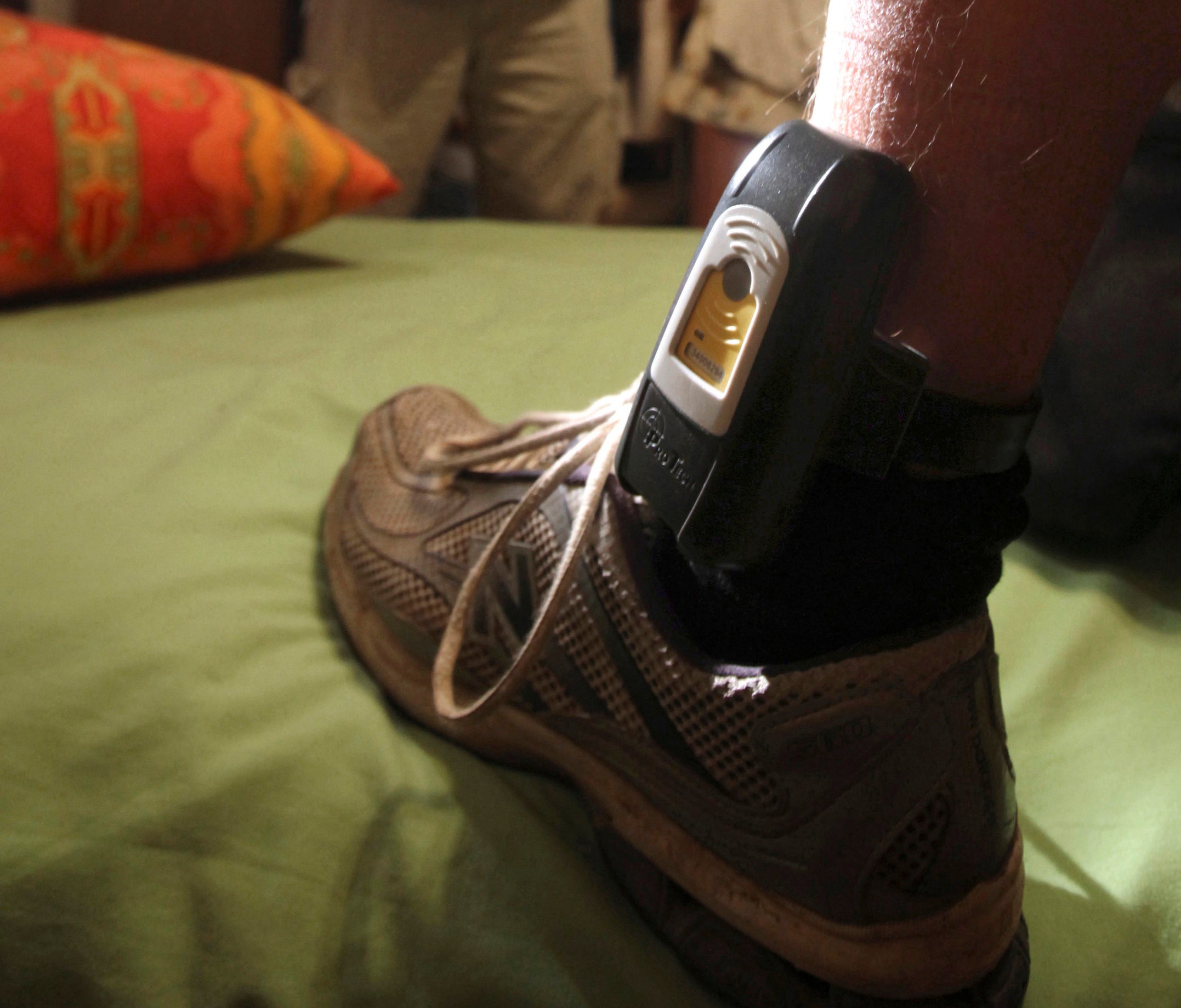A federal appeals court is considering a challenge to a state law requiring lifetime GPS monitoring for convicted sex predators.
Lawyers for Michael Belleau argue the requirement amounts to retroactive punishment. The 72-year old Belleau spent 15 years in prison for child sexual assaults committed in the 1980s before being civilly committed to the Sandridge Secure Treatment Center as a sexually violent person. After his 2010 release, he sued the state, claiming the ankle bracelet requirement violated his constitutional rights. A federal judge in Milwaukee agreed.
The state has now asked an appeals court to reverse that ruling.
News with a little more humanity
WPR’s “Wisconsin Today” newsletter keeps you connected to the state you love without feeling overwhelmed. No paywall. No agenda. No corporate filter.
Belleau’s American Civil Liberties Union attorney Larry Dupuis said the law ignores the actual risk an ex-offender will commit a new crime.
“It just says if you committed certain crimes when you’re released from Sandridge, (the bracelet) automatically goes on, even if you were released from Sandridge because you’re no longer a risk at all. The problem is that it’s too broad,” he said.
Dupuis said if the appeals court agrees, it could affect 200 other sex offenders now wearing the bracelet.
The state has argued the bracelet requirement is not punishment, but is simply a regulation to monitor a sex offender’s movements. During oral arguments before the appellate judges, Assistant Attorney General Anthony Russomanno asserted that the lifetime requirement only applies to a small subset of sex offenders and serves the purpose of deterring future crimes.
Dupuis argued that the policy should only affect offenders who were committed for crimes that occurred after 2006 when the law requiring lifetime GPS was passed. However, the state said the requirement is triggered when an offender is released, not when they are convicted.
A recent U.S. Supreme Court ruling on lifetime GPS determined that the requirement is considered a search under the Fourth Amendment, and that states have to show that it’s warranted by the risk the ex offender may commit a new crime.
Wisconsin Public Radio, © Copyright 2026, Board of Regents of the University of Wisconsin System and Wisconsin Educational Communications Board.



